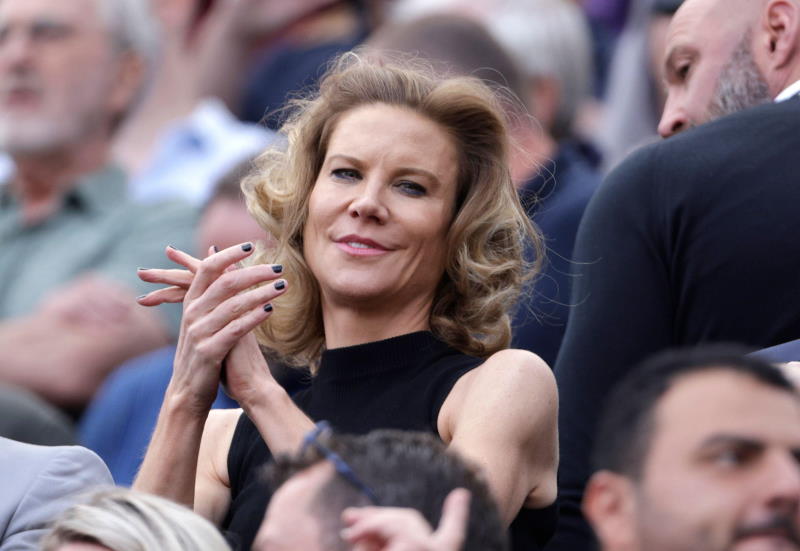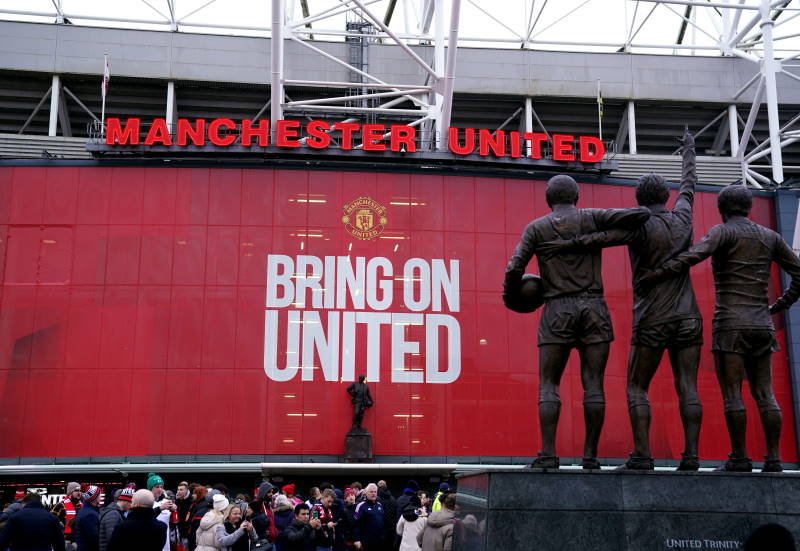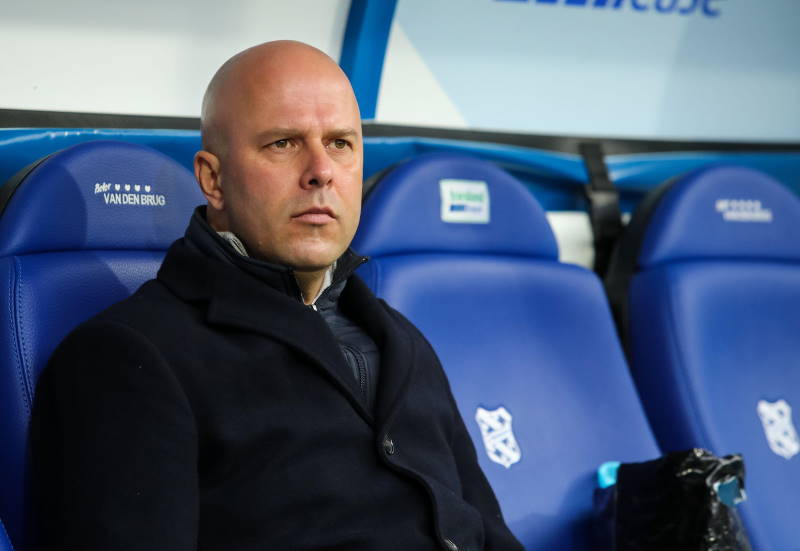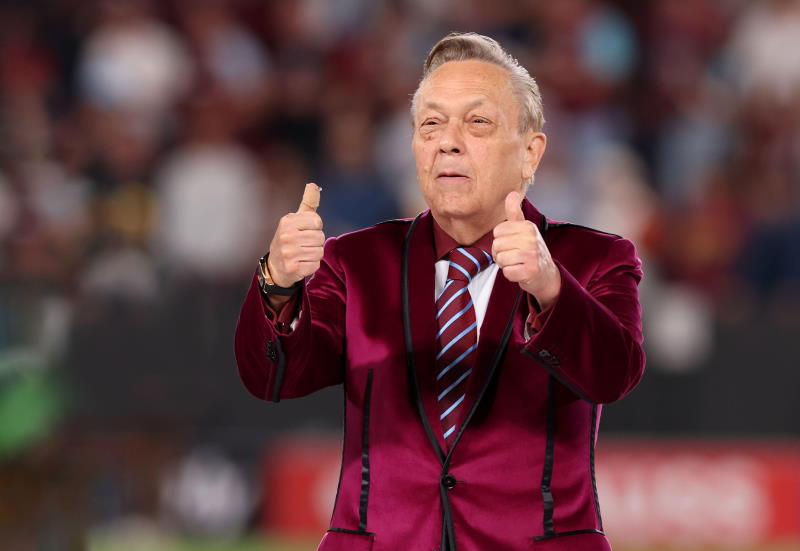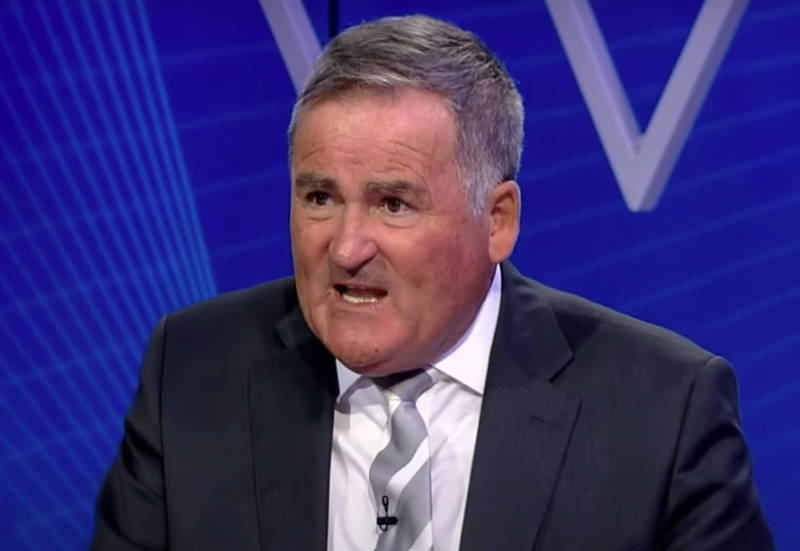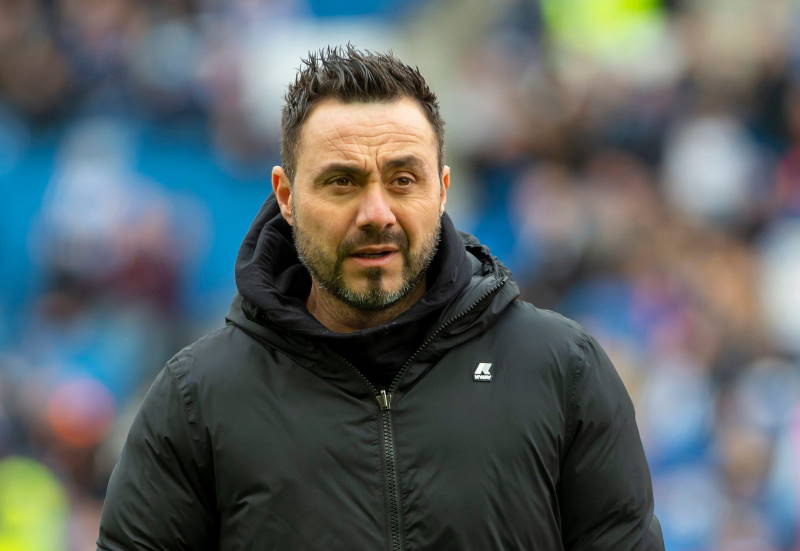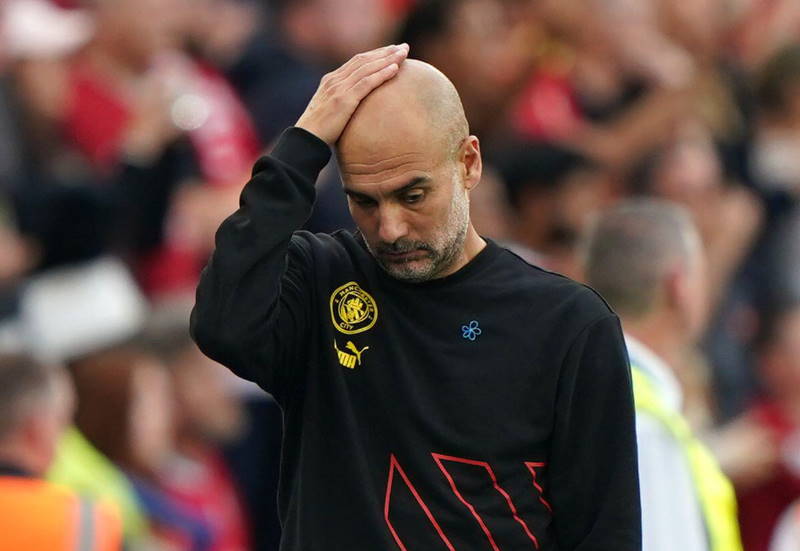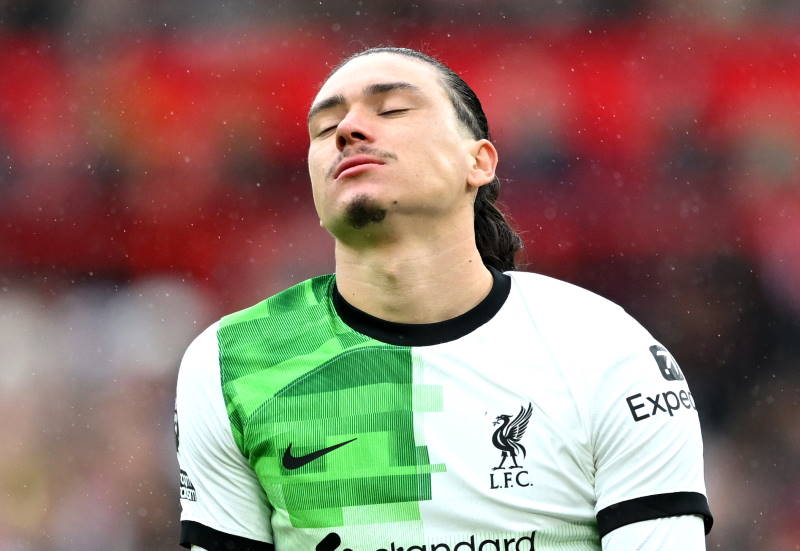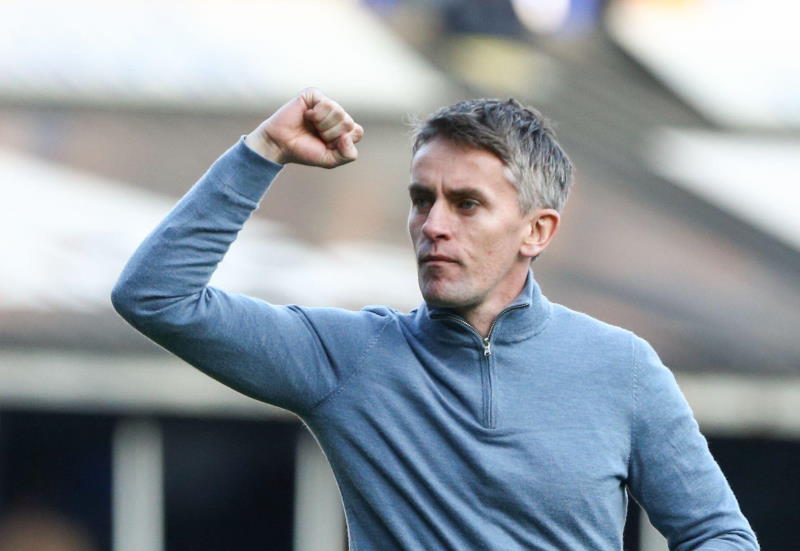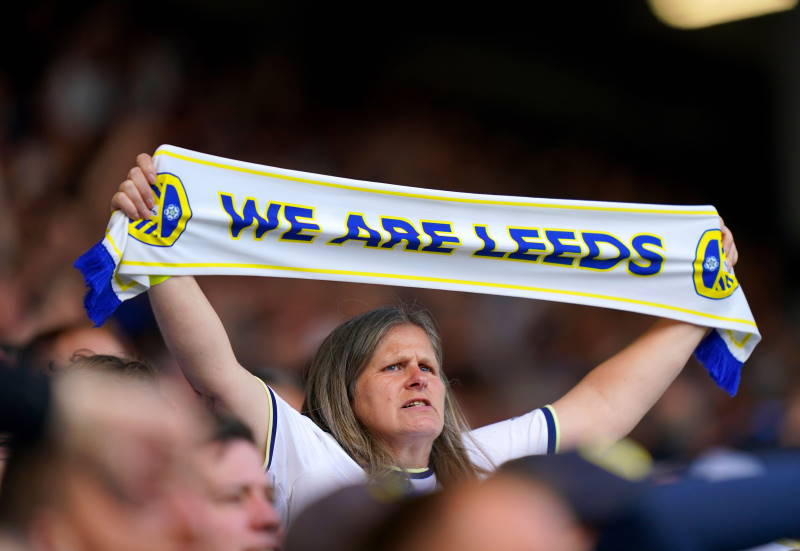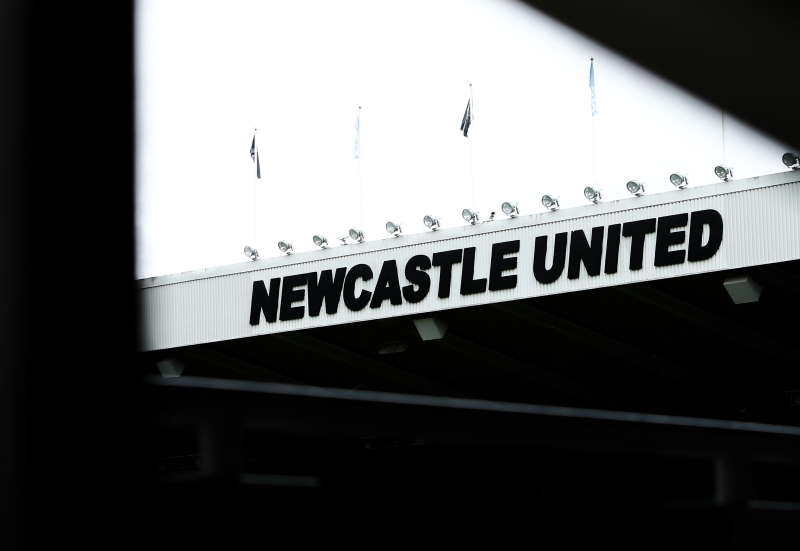
"I think that I have players who can give the team an extra dimension, specifically the two captains, [Robin] van Persie and [Arjen] Robben, but also Wesley Sneijder and Nigel de Jong", Holland coach Louis van Gaal explained. Midfielder Nigel de Jong has been crucial for Van Gaal's Oranje in the same way he was for his predecessor Bert van Marwijk, while at club level Ajax, Hamburg, Manchester City and now AC Milan have counted upon him. We went to speak to the tough-tackling Dutch star.
Balance is key in the life of Nigel de Jong. His body, adored by Indonesian tattoos, shows just that. “Indonesian culture is fascinating”, the Holland international told Inside Futbol ahead of the World Cup. “Places, art, history, philosophy – everything there smells of spirituality, inner peace and balance.”
The latter is a fundamental concept for De Jong on the pitch too. “This is what coaches ask of me, but it was not always like that. The Nigel de Jong everybody knows today was born in Hamburg under Huub Stevens, who convinced me that my characteristics perfectly fit into the role of a defensive midfielder. At Ajax, I was often played as an inside right midfielder and played deep, always trying to have the ball at my feet. This happened because nobody in Holland wants to play as a water-carrier, everybody wants to make the game.”
Inside Futbol (IF): In 2010 however, Holland played with two defensive midfielders and went all the way to the World Cup final.
Nigel de Jong (NdJ): Yes, we were a very good team: Solid, balanced, mentally strong. Our style of play was more defensive than in the past, but it worked and after all, this is the only thing that matters.
IF: The Dutch magazine Hard Gras put your infamous karate kick to the chest of Xabi Alonso on their cover, beneath the ironic headline ‘Hollandse School’. Was it the worst moment of your career?
NdJ: To be honest, in that moment I wasn’t aware of the gravity of my action. I knew I went for the ball and I hit my opponent. I was sad we lost the final, while I have nothing to say about that cover, especially four years later. I have always been good at separating my private life from my football life. The first months after the final were harder for the people around me, the ones who love me, because there were all those critics. They felt hurt, while I decided to shut up. Sometimes silence is the best weapon against any criticism.
IF: Your generation went closer than Johan Cruyff’s to lifting the World Cup.
NdJ: Yes, but it really doesn’t matter. Full-time, extra-time: a defeat is a defeat anyhow. Cruyff’s generation finished second, mine too. There’s nothing else to say.
IF: Were you surprised when the Dutch FA chose Louis van Gaal to replace Bert van Marwijk?
NdJ: Absolutely not. Van Gaal is a top coach, a winner and loves challenges. After missing out on qualification for the 2002 World Cup, taking Holland to Brazil meant a lot for him. Every coach has his own philosophy. Tactically speaking, there are a lot of differences between Van Gaal and Van Marwijk. The first has more of an attacking approach.
IF: But in the last friendly games he switched from a 4-3-3 system to a 5-3-2. What is your opinion about that?
NdJ: It is impossible to judge it now, we have to wait for the next games. At the beginning of the training camp, Holland were without a lot of players from abroad. In my opinion, the 5-3-2 system could work. Look at teams like Juventus and Italy; they got good results with it. I think however that our approach will be less defensive and when we have the ball the system will turn into a 3-4-3. Anyway, my role is the same in any system.
IF: Van Gaal said that only two players are sure of a place in the starting eleven: Robin van Persie and Arjen Robben.
NdJ: He mentioned these names a long time ago. Nobody should be surprised as they are two outstanding players. Robben has had excellent seasons with Bayern Munich, won everything and was often vital for the German side. Van Persie is our captain and Holland’s best goalscorer ever. You can always count on a player like him.
IF: What about Wesley Sneijder?
NdJ: Everybody knows his qualities. He is one of those players able to decide a game in any moment. Moreover, Sneijder has a winning mentality and can stand any kind of pressure. This is vital in a World Cup, where the pressure reaches its maximum. Unless you have experienced it, you won't have any idea how strong it is.
IF: This could become a problem for the younger members of the squad?
NdJ: The level of Dutch football has dropped in recent years, as shown by the disappointing performance of Eredivisie clubs in European competition. It’s not a problem of technical or tactical skills, but of attitude. When I played with Ajax, we didn’t fear anyone and we didn’t even think about our opponents. We just looked them in their eyes and thought ‘we’re better than you’. This is something our talents often lack today. Speaking about the ones in the current squad, I like their down-to-earth approach. They keep a low profile and work hard to become functional for the group. This is very positive.
IF: Compared to the 2010 crop, now Holland have a younger squad. Will this count against you in Brazil?
NdJ: It’s all a matter of balance. In each team there are youngsters and veterans. The key is to create the most balanced and functional mix between them. Experience is important, but also quality and an average good physical condition too. If you lack some of them, you will not go very far.
IF: It’s time to make some predictions. Who will win the World Cup? Who will be the dark horse?
NdJ: I think Brazil, Germany and Spain will be in the top four, while the dark horse could be a South American team: Uruguay, Ecuador or Chile – if they survive the group stage. The climate conditions will play an important role for them.
IF: What is Holland’s minimum target?
NdJ: Surviving the group stage. We must play at our best from the first game. Our group is very tough and if we reach the round of 16, Brazil will probably be waiting for us. However, if you want to go far in these kinds of tournaments, you have to defeat these kinds of teams.
IF: You’ve played both in England and Italy. These two nations will face each other in the group stage. Which team are the favourites?
NdJ: Both England and Italy are not at their best at the moment, however I think the Azzurri have something more.
IF: 70 caps for Holland under four different coaches: Dick Advocaat, Marco van Basten, Bert van Marwijk and Louis van Gaal. Which is the best Holland side you have ever played in?
NdJ: We had a great time at Euro 2008, with Ruud van Nistelrooy and other top players. We went out in the quarter-finals, but we played excellent football, very attractive. I would add to this the mental strength and the team spirit of 2010. A mix of these two Holland teams would be perfect.

